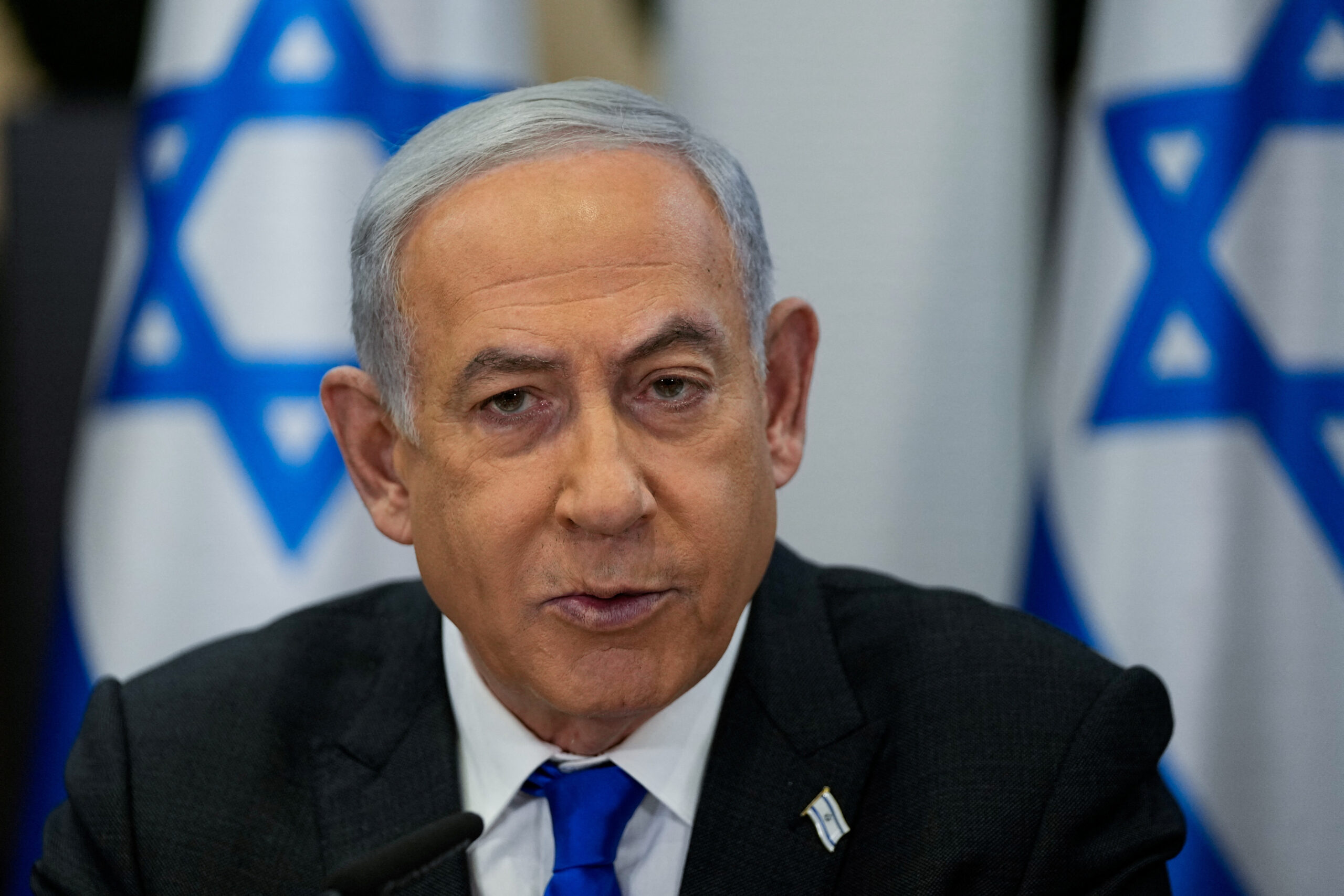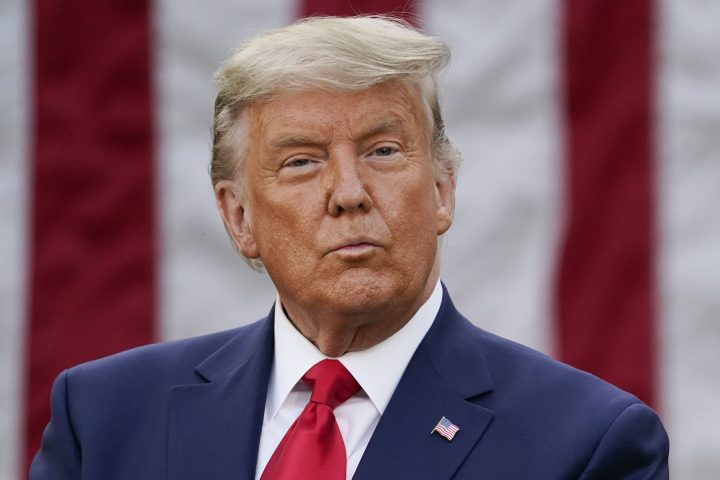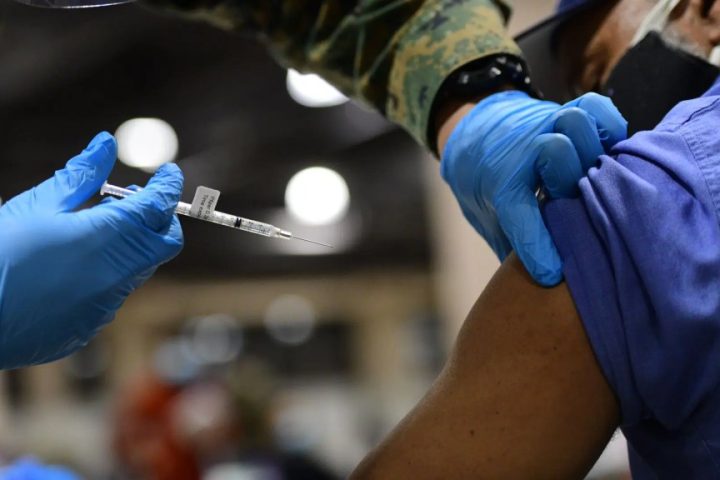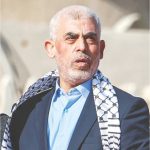In a move amid escalating tensions, Israeli Prime Minister Benjamin Netanyahu has affirmed plans for a ground assault in the southern Gaza city of Rafah, stating that “victory is within reach.”
Speaking to ABC News, Netanyahu expressed determination, asserting, “We’re going to do it. We’re going to get the remaining Hamas terrorist battalions in Rafah, which is the last bastion, but we’re going to do it.”
Join our WhatsApp ChannelAs the conflict enters its fifth month since the invasion by Hamas terrorists on October 7, Rafah emerges as the next focal point for the Israeli military.
READ ALSO: Israel-Hamas: Ceasefire Rumors, Refinery Outage Trigger 2% Drop In Oil Prices
Netanyahu disclosed that preparations include the evacuation of hundreds of thousands of people from Rafah, a move met with skepticism from the international community, including the United States. Netanyahu assured that civilians would be provided safe passage out of harm’s way, emphasizing, “We’re not cavalier about this.”
However, concerns loom over the fate of civilians as the UN and aid organizations question where displaced individuals will seek refuge if Rafah becomes the epicenter of Israel’s offensive against Hamas. Netanyahu rebuffed calls to refrain from entering Rafah, framing it as a pivotal strategic move in the conflict, stating, “Those who say that under no circumstances should we enter Rafah are basically saying lose the war.”
While details and timelines for the ground invasion remain undisclosed, the situation underscores the dire humanitarian toll of the conflict. Israeli officials report over 1,200 casualties, including fatalities and injuries, while Gaza’s Hamas-controlled Ministry of Health cites figures of over 28,000 deaths and 67,000 injuries inflicted by Israeli forces.
As tensions continue to mount, the fate of Rafah hangs in the balance, with the specter of further casualties and displacement casting a shadow over prospects for peace in the region.
Victor Ezeja is a passionate journalist with six years of experience writing on economy, politics and energy. He holds a Masters degree in Mass Communication.



















Follow Us